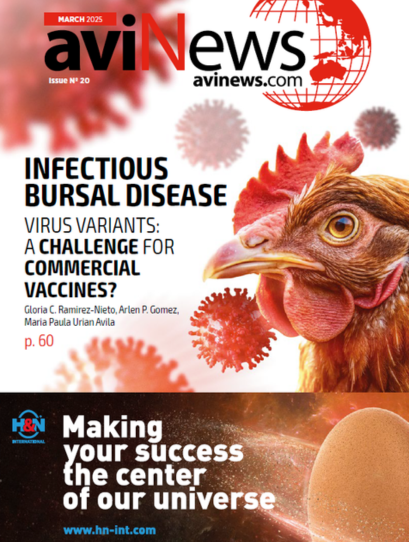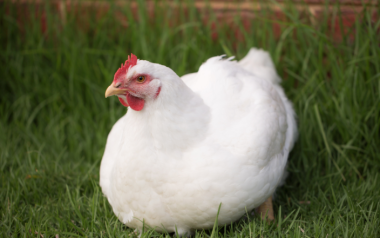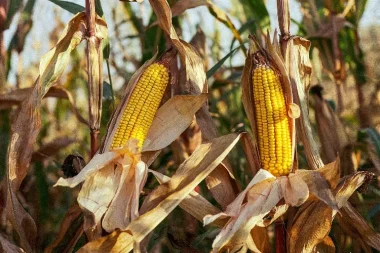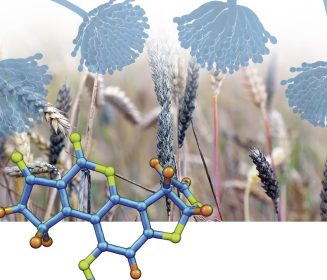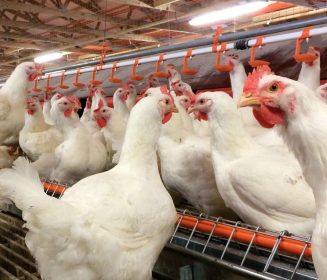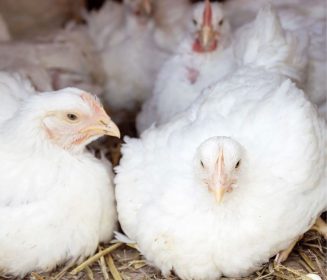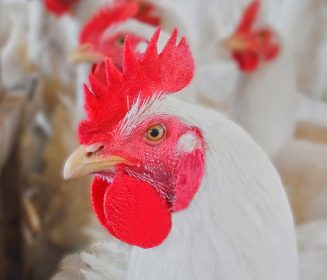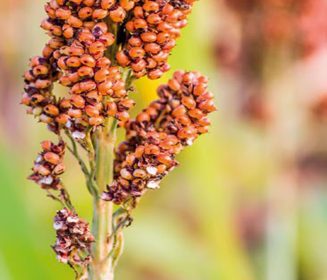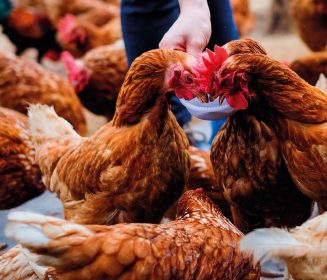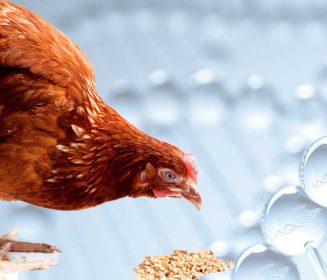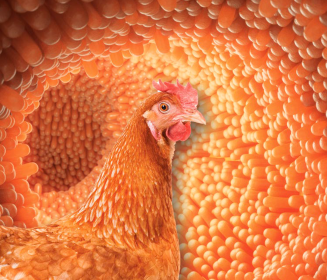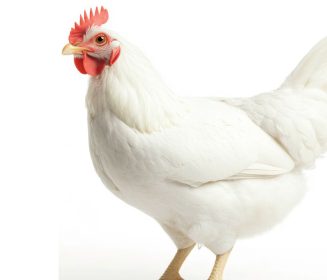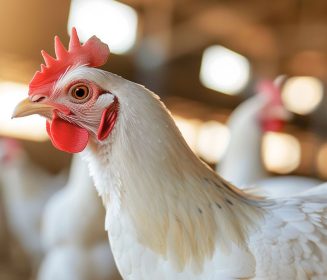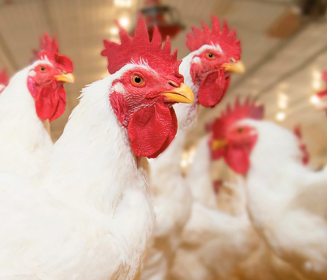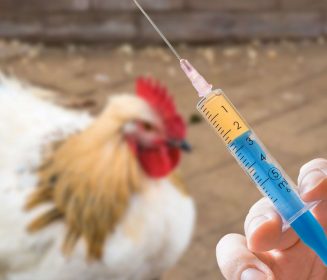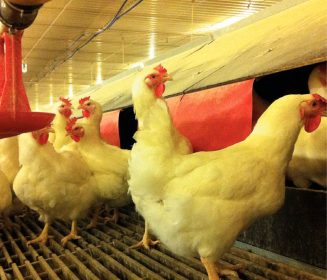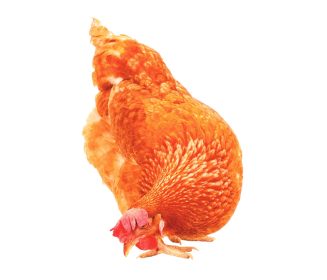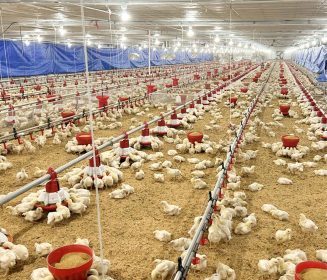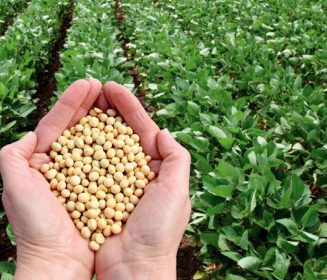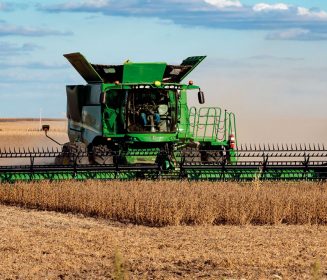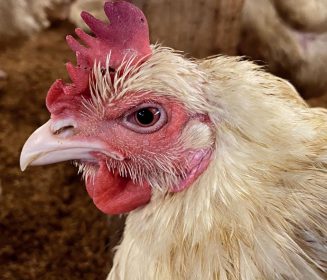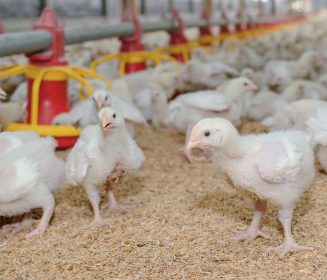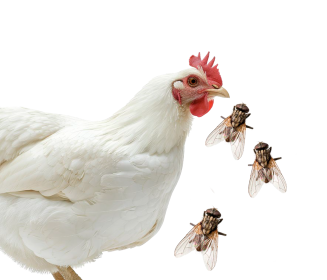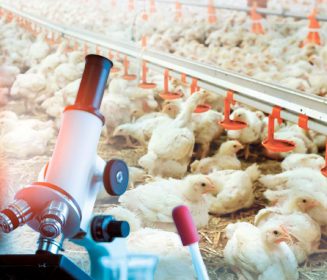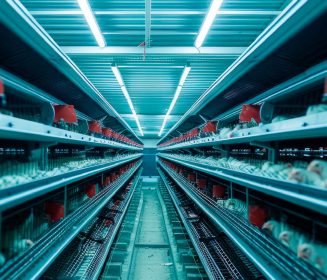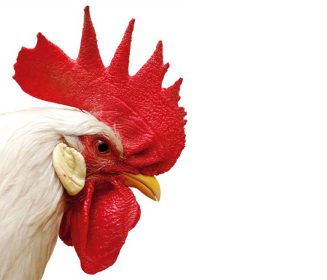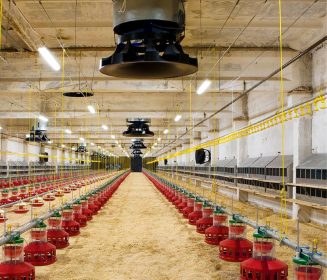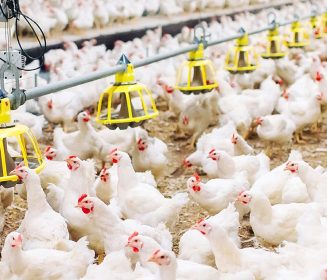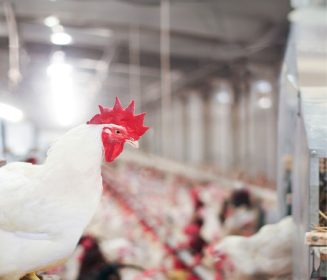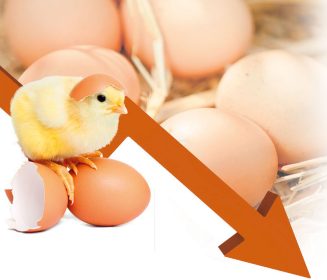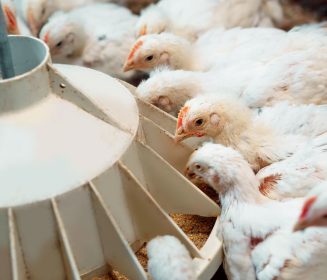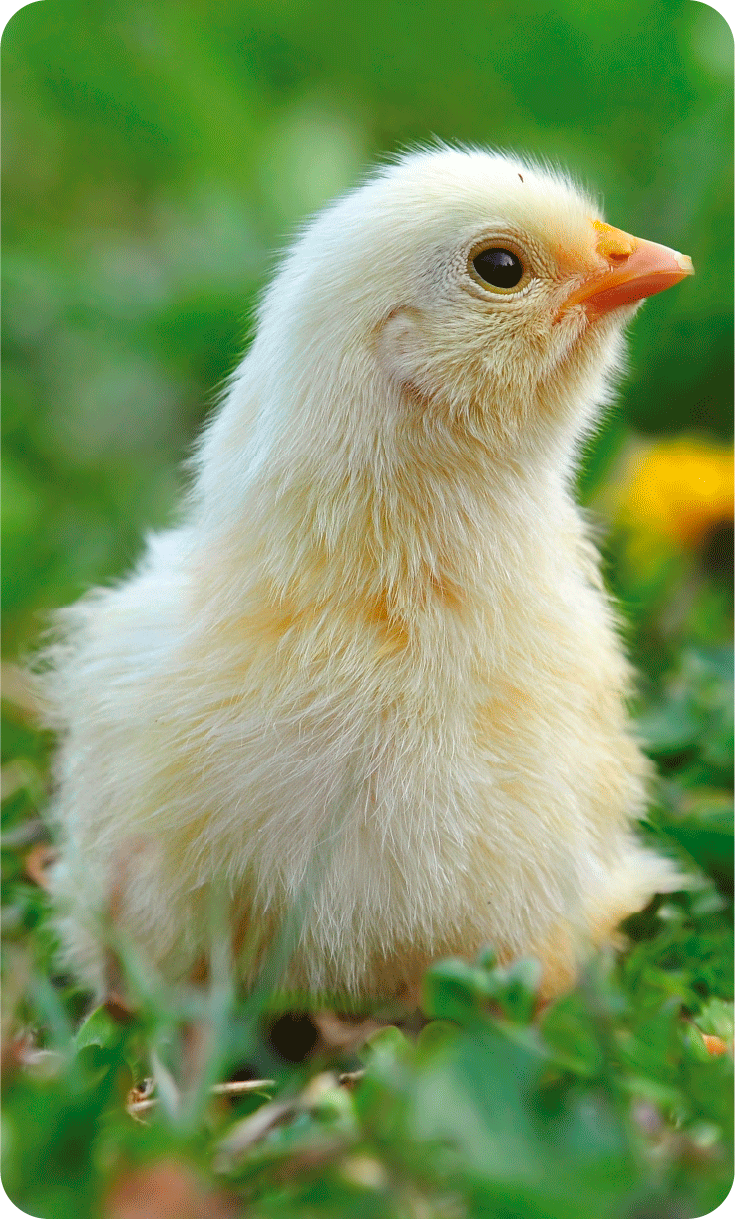18 Mar 2025
New grains terminal to lower feed costs, boost animal protein industry
A new grains terminal and trading station in Batangas City will help consolidate corn supply for the Calabarzon area and reduce feed costs in one of the biggest poultry and livestock hub in the country.
Makikita ang content sa:
English
A newly inaugurated grains terminal and trading hub in Batangas City is set to reduce animal feed costs, stabilizing prices for poultry and pork in one of the country’s largest poultry and livestock hubs.
The facility, a collaboration between the Department of Agriculture’s Philippine Rural Development Project (PRDP) and the Sorosoro Ibaba Development Cooperative (SIDC), is expected to enhance local corn supply and support farmers and animal protein producers alike.
Funded through a World Bank loan and a PHP 178.3 million counterpart from SIDC, the project integrates a 12,000-metric-ton silo operation into SIDC’s existing feed mill. This expansion is designed to consolidate corn production in the Calabarzon region, ensuring a more efficient supply chain for animal feed manufacturers.
The terminal, which began construction on June 17 last year, is projected to significantly impact national corn production and reduce input costs for poultry and hog farmers. In total, 567 yellow corn farmers, poultry farmers, and hog raisers, will benefit directly from the facility’s operations.
Effective collaboration
Agriculture Secretary Francisco Tiu Laurel Jr. hailed the project as a prime example of effective collaboration in the agricultural sector.
“This project, backed by the World Bank and initiated by SIDC, is a testament to what we can achieve for our farmers and fishers when we collaborate and cooperate. This new grains terminal and trading hub will not only put more money in our farmers’ pockets but will lower the cost of producing poultry and hogs, helping ensure a stable supply and affordable food prices for many Filipino consumers,” he said.
With Batangas province playing a crucial role in the country’s poultry and hog production, the terminal’s launch is expected to streamline corn distribution, bolstering the region’s agricultural economy. The project underscores the impact of public-private partnerships in advancing food security and agricultural sustainability, paving the way for a more resilient livestock industry.

